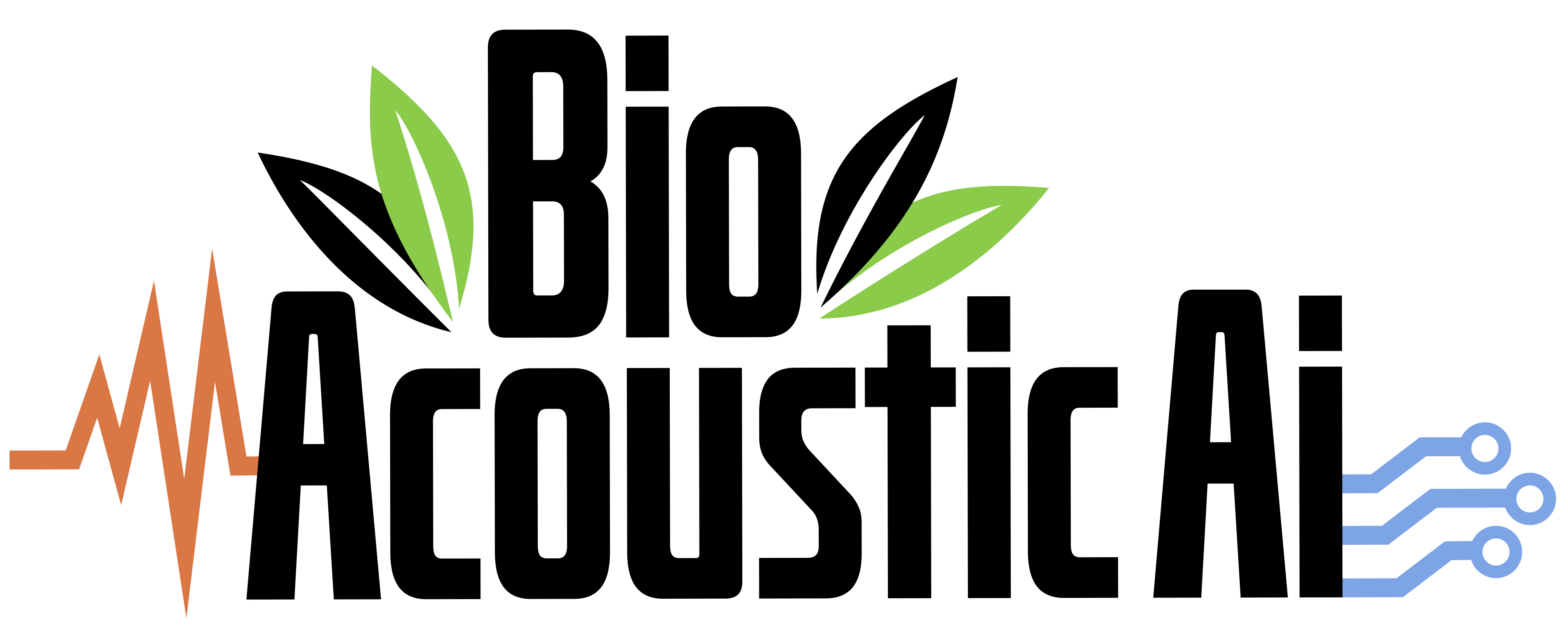Official website: https://bioacousticai.eu
The biodiversity crisis is coming into focus. Yet, data for monitoring wild animal populations are still incomplete and uncertain. And there are still big gaps in our understanding of animal behaviour and interactions.
Animals make sounds that convey so much information. How can we use this to help monitor and protect wildlife? In our research programme we want to make sense of animal sounds using AI.
Would you like to develop AI algorithms to help understand animal sound? To monitor biodiversity across Europe? To collaborate with AI and biodiversity experts, as part of a team and with partners in many European countries?
We’re training 10 PhD students to become full-stack bioacoustic AI experts and are now looking for PhD Doctoral Candidates. One of them will be trained at LS2N in Nantes, and work under the joint supervision of Vincent Lostanlen and Mathieu Lagrange.
PhD offer: Ultra-low power (batteryless) smart bioacoustic devices & algorithms
The current generation of bioacoustic sensors suffers from a lack of autonomy. Indeed, these sensors typically run on batteries and store audio recordings on digital memory cards. Hence, it is necessary for human operators to access recording sites periodically to retrieve data and replace batteries. Such dependency on human intervention and toxic substances jeopardises the scalability of bioacoustic monitoring, disrupts natural habitats, and creates electronic waste.
In this context, this PhD will advance two emerging paradigms in AI: knowledge distillation and few-shot learning. Furthermore, it will provide a ready-to-use solution for the wildlife conservation community. The PhD student will
- deploy the proposed solution in rural and mountainous areas of Czech Republic;
- deploy the proposed solution for environmental monitoring of birds in an offshore renewable energy site in the Atlantic Ocean;
- produce validated demonstrations for the combination of low-power hardware and customizable software for bioacoustic event detection;
- conduct a life-cycle assessment (LCA) of the proposed solution and compare it against current commercial solutions over various metrics of success: e.g., uptime, reliability, manufacturing cost, accuracy of predictions, CO2 emissions, and dependency on rare earth elements.
- publish best practices and guidelines for the reduction of e-waste in BioacAI.
